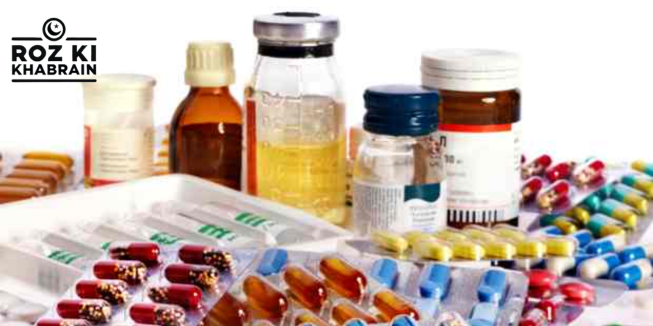A recent study has revealed that a single cup of tea made with tea bags can release billions of microplastics into your body, raising concerns about potential health risks.
Researchers from Universitat Autònoma de Barcelona, as reported by the Daily Mail, analyzed three common types of tea bags – nylon, polypropylene, and one with an unknown filter – and discovered significant microplastic release.
Among the three, polypropylene tea bags were the worst, releasing alarming numbers of nanoparticles into the brewing water. These microplastics were observed being absorbed by intestinal cells, with some even entering the cell nucleus, where genetic material is housed.
While the long-term health effects are still uncertain, this study adds to the growing body of evidence that microplastic exposure from tea bags could have serious health implications. Previous studies have linked microplastic ingestion, particularly from tea bags, to potential effects on cellular function, reproductive health, and even cancer.
The findings highlight the urgent need for more research into the human health risks of microplastic exposure from sources like tea bags and food packaging. As plastic use continues to rise, addressing microplastic contamination from tea bags is crucial for ensuring food safety and consumer health.
Read More: Did you know? Black Coffee can be BAD for you
Black coffee, while known for its numerous health and nutritional benefits, can also have harmful effects on the body.
While it is widely recognized for its weight loss, antidepressant properties, and antioxidant content, excessive consumption of black coffee can lead to stomach issues and acidity, causing cramps and abdominal spasms.
Additionally, consuming too much caffeine throughout the day can disrupt your sleep and increase anxiety, so it’s best to avoid it a few hours before bedtime.
Drinking black coffee without sugar or milk can also lead to dehydration, which can cause skin problems such as acne and dark circles. To mitigate this, it’s recommended to increase water intake when including black coffee in your diet.
For optimal benefits, it’s advised not to exceed two cups of black coffee per day to enjoy its health benefits while minimizing potential side effects.




